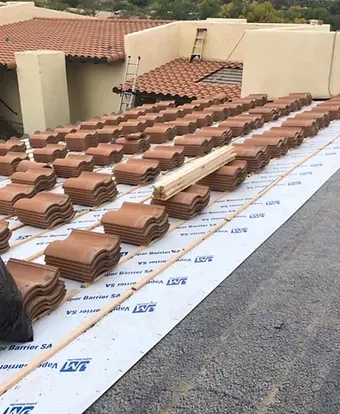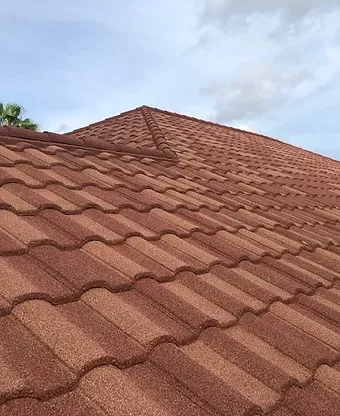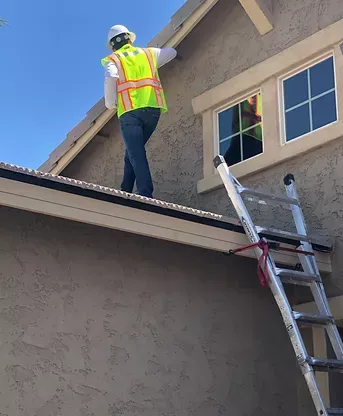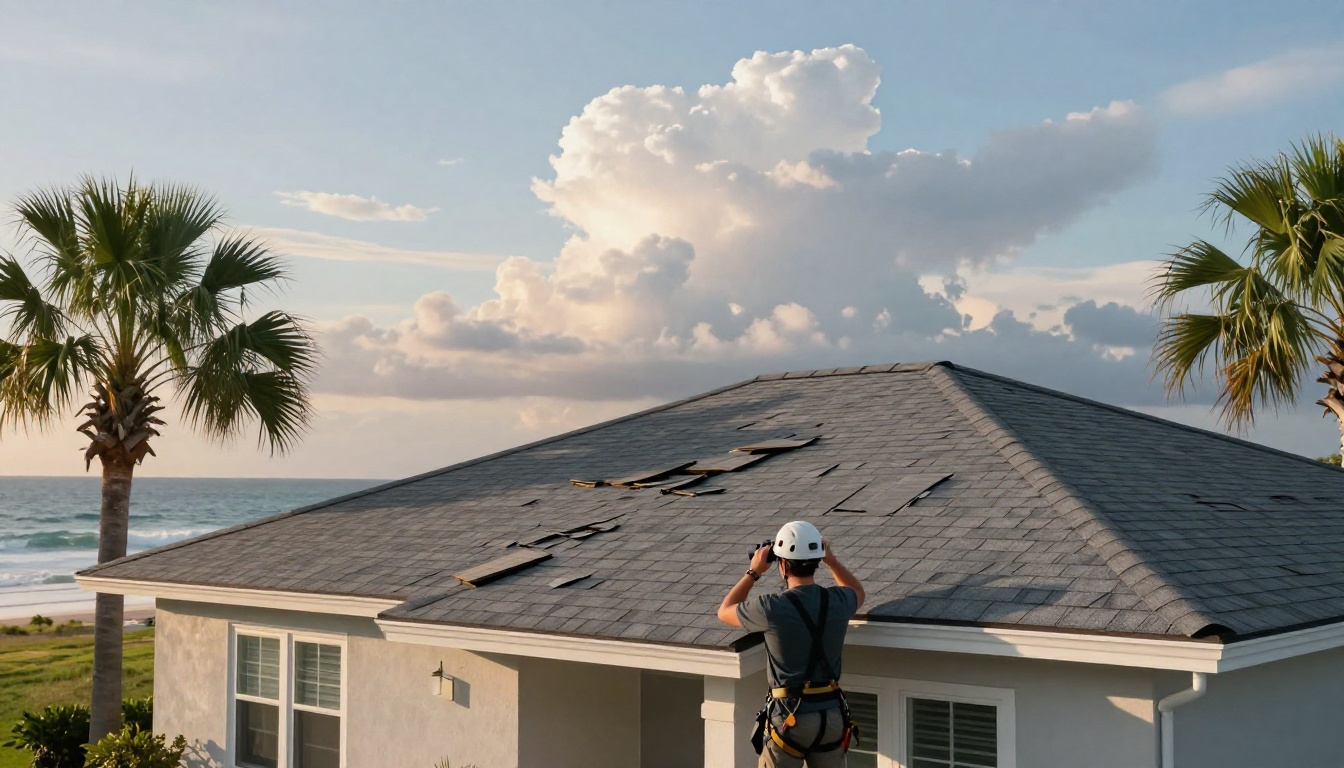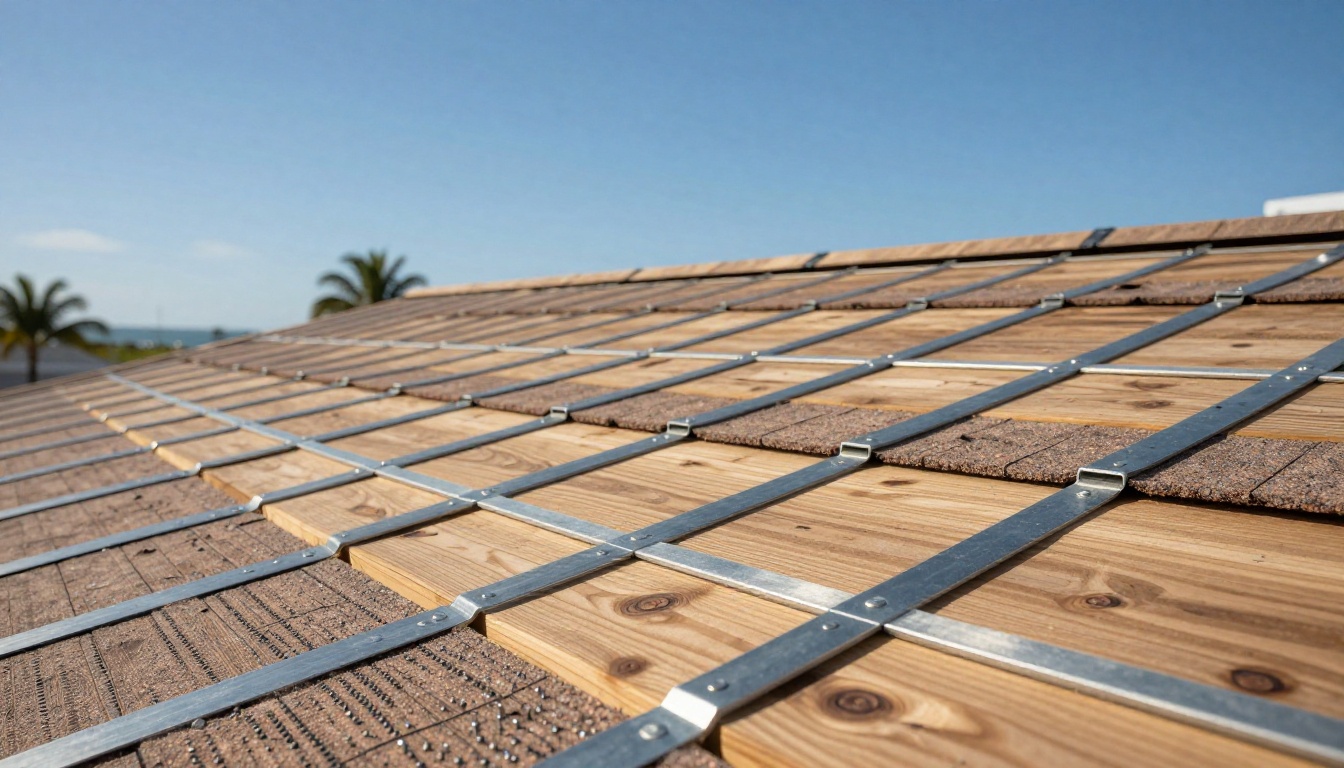Understanding the Cost of Roofing in Cape Coral: A Comprehensive Guide

Roofing is an essential component of any home, especially in a place like Cape Coral, Florida, where the weather can be harsh and unpredictable. The cost of roofing in this area is influenced by various factors, ranging from the choice of materials to the complexity of the project. This comprehensive guide will help homeowners in Cape Coral understand the different aspects that contribute to roofing costs, enabling them to make informed decisions when it comes to their roofing needs.
1. Roofing Materials: The Foundation of Cost
One of the primary factors affecting the cost of roofing is the choice of materials. In Cape Coral, homeowners have a variety of options:
- Asphalt Shingles: A popular choice due to their affordability and durability. They can withstand the harsh Florida sun and resist wind and rain damage. The cost varies depending on the quality and type of shingle.
- Metal Roofing: Known for its durability and energy efficiency, metal roofing is more expensive than asphalt but can last longer and offers better protection against the elements.
- Tile Roofing: Common in Florida for its aesthetic appeal and longevity. Tile roofs are more expensive than asphalt and metal but offer unique style and excellent durability.
- Flat Roofing: Often used for commercial properties, flat roofing systems can also be found in modern residential designs. They require different materials and installation techniques, which can affect the cost.
2. Size and Complexity of the Roof
The size of your roof is a direct determinant of the cost. Roofing is typically priced per square foot, so larger roofs require more materials and labor, increasing the overall cost. Additionally, the complexity of the roof – such as the presence of multiple levels, skylights, chimneys, or unusual angles – can also add to the cost due to the additional labor and expertise required.
3. Labor Costs: The Price of Expertise
Labor costs are a significant portion of roofing expenses. The expertise of the roofing contractor, the time it takes to complete the job, and the difficulty of the work all influence labor costs. Choosing a reputable and experienced contractor is crucial for ensuring quality work, although this may come at a higher price.
4. Removal of Old Roofing
If your roofing project involves the removal of an old roof, this will add to the overall cost. The process of tearing off and disposing of old materials is labor-intensive and requires proper disposal, which incurs additional fees.
5. Permitting and Inspections
In Cape Coral, as in many other areas, roofing projects often require permits from local authorities. The cost of these permits varies depending on the size and scope of the project. Additionally, inspections may be needed to ensure that the roofing work complies with local building codes, adding to the total cost.
6. Additional Components
Several additional components can affect the overall cost of a roofing project:
- Underlayment: A waterproof layer that protects the roof deck.
- Flashing: Metal strips used to prevent water from penetrating joints and valleys in a roof.
- Gutters and Downspouts: Essential for proper water drainage and to prevent damage to the foundation and walls.
7. Warranties and Guarantees
Many roofing materials come with warranties, and roofing contractors may offer guarantees on their work. While this can provide peace of mind, it may also add to the overall cost of the project.
8. Geographic Location
The cost of roofing materials and labor can vary significantly based on location. In Cape Coral, the proximity to the coast and the potential for severe weather can impact the types of materials used and the methods of installation, which can influence the cost.
9. Timing and Seasonal Factors
The time of year when you schedule your roofing project can also affect the cost. For example, roofing contractors may be busier during certain seasons, which can lead to higher prices due to increased demand.
10. Insurance and Financing
Finally, it's important to consider the cost of insurance and financing options. Some homeowners may choose to finance their roofing project, and the interest rates and terms of the loan will affect the overall cost. Additionally, investing in a high-quality roof can lead to reductions in home insurance premiums, potentially offsetting some of the upfront costs.
Conclusion
Roofing in Cape Coral, Florida, is a significant investment, but it's one that protects your home and enhances its value. Understanding the various factors that contribute to the cost can help homeowners budget effectively and choose the right options for their needs. Always consult with a professional roofing contractor to get an accurate estimate for your specific project and to ensure that your roof is installed to the highest standards.
